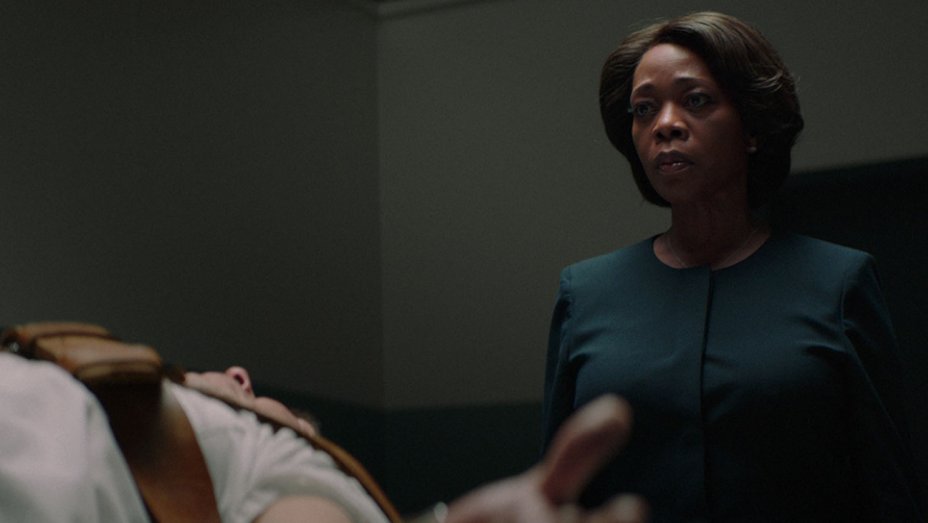The 28th Philadelphia Film Festival (PFF) will be jolting excitement and artistry into the city from October 17 – October 27. The celebrated and world-renowned film showcase features a bounty of stellar productions from around the globe. With a diverse spectrum of genres and cultures on display, the festival gives audience members a chance to hear from a multitude of voices. This year’s attendees can choose from 120 feature-length and short films which, were selected by the PFF programming committee.
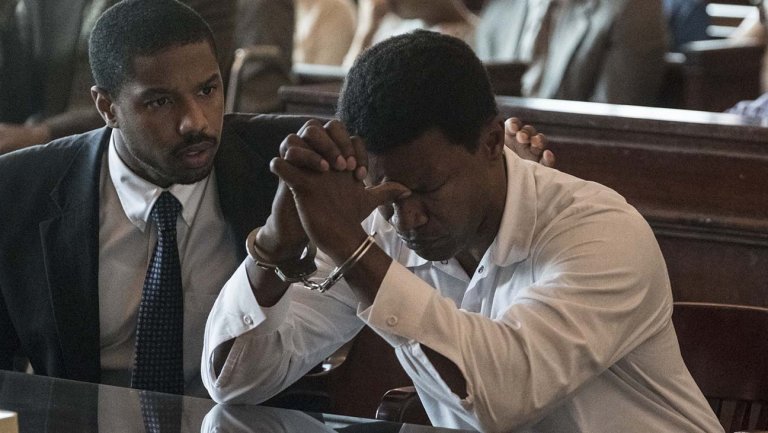

Opening night will feature captivating works like Destin Daniel Cretton’s Just Mercy, Bong Joon-ho’s Parasite, Alla Kovgan’s Cunningham, Richard Wong’s Come As You Are, acclaimed documentary “Bikram: Yogi, Guru, Predator”, and The Lodge in the After Hours category. The Michael B. Jordan, Jamie Foxx, and Brie Larson led film Just Mercy tells the compelling true story of Walter McMillan, a wrongfully accused black man imprisoned for the murder of a white woman. The 2019 Cannes Palme d’Or winner, Parasite, is a stunning masterpiece that brings the dynamics of class and family to the forefront.
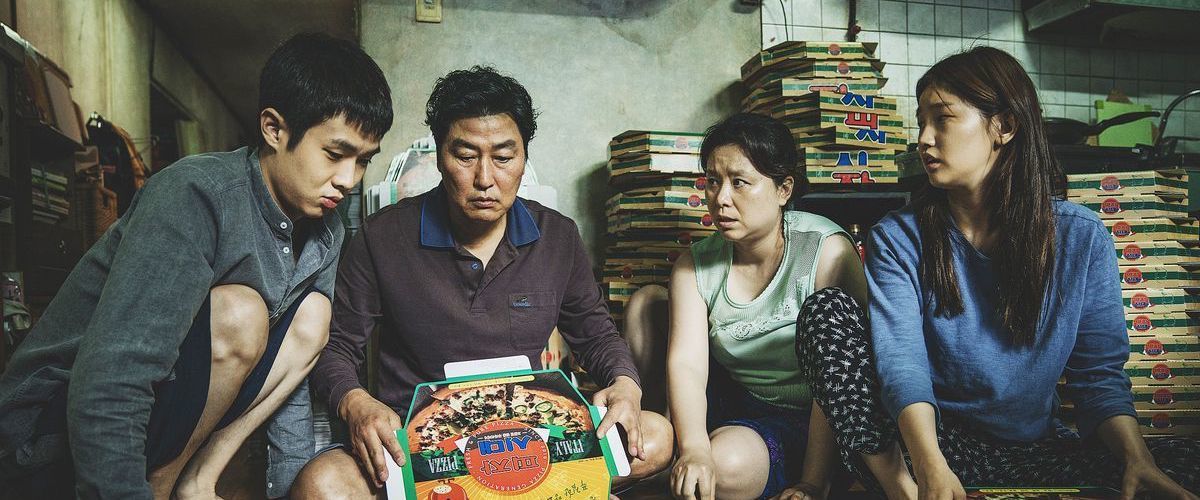

Outside of opening night, audience members will be blown away by several riveting and thrilling films such as New York Film Festival triumph The Irishman, starring Robert De Niro, Al Pacino, and Joe Pesci; Taika Waititi’s Jojo Rabbit, starring Waiti, Scarlett Johansson, Sam Rockwell, and Rebel Wilson, which won the People’s Choice Award at the Toronto International Film Festival; and Trey Edward Shults’ Waves, starring Sterling K. Brown, Kelvin Harrion Jr., and Lucas Hedges, which served as a breakout film at this year’s Telluride Film Festival.
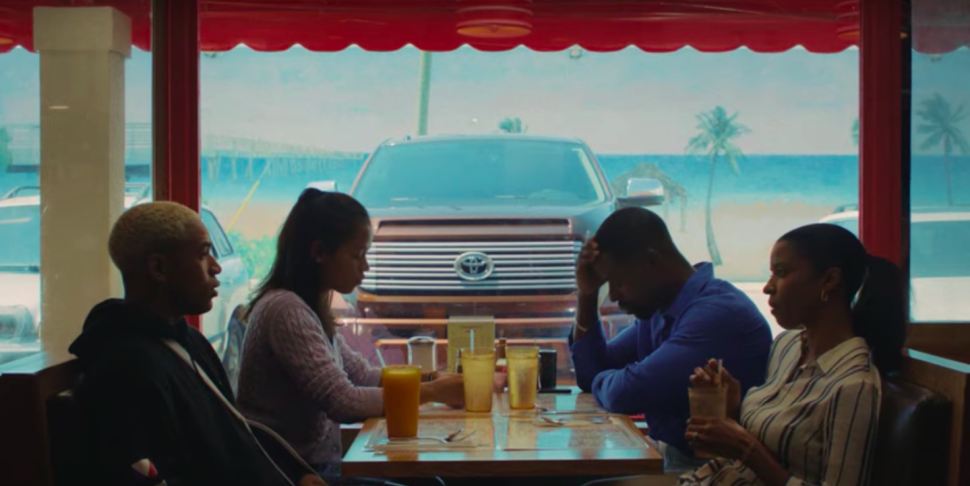

Global productions like Adam (Morocco), And Then We Danced (Sweden), Atlantics (Senegal), Beanpole (Russia), Invisible Life (Brazil), It Must Be Heaven (Palestine), Les Misérables (France), Papichia (Algeria), Queen of Hearts (Denmark), System Crasher (Germany), A White Day (Iceland), and The Whistlers (Romania) were submitted by their respective countries for consideration for the Foreign Language Academy Award®.


The Filmadelphia category is back better than ever. It continually unveils the most fascinating and unique filmmakers from the region. In the Sundance Film Festival standout Clemency, Alfre Woodard plays a death row prison warden. Kyle Thrash’s documentary, Maybe Next Year will get its world premiere at PFF28. The engaging feature highlights the Philadelphia Eagles’ historic Super Bowl-winning season. There are six features in this high-anticipated category.
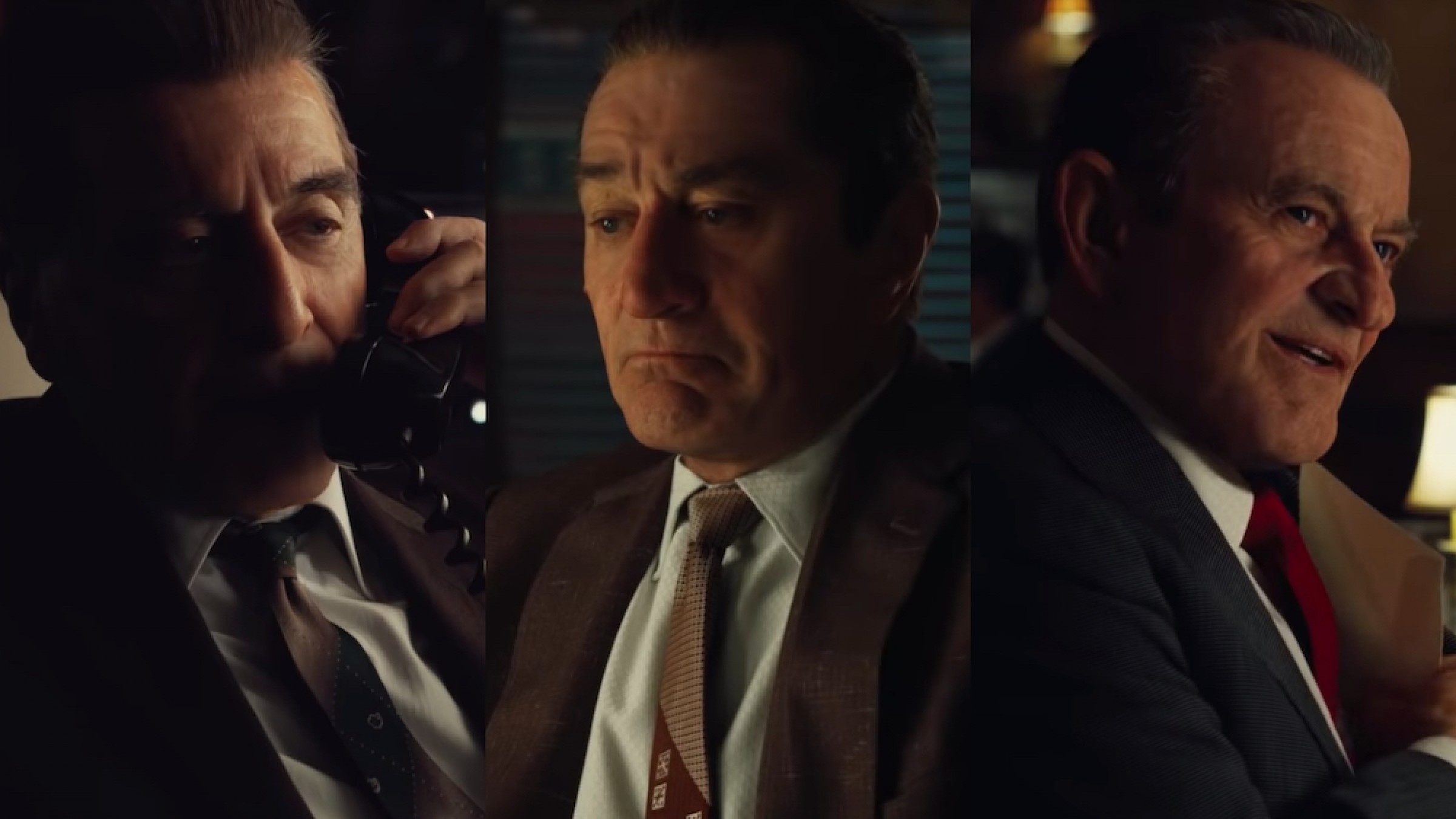

…
Philly Influencer was able to speak with Andrew Greenblatt (CEO & Executive Director of the Philadelphia Film Society) and Michael Lerman (Artistic Director of the Philadelphia Film Society) to breakdown this year’s lineup and to talk about the power of great films.
• Can you talk about your year-long selection process? Is it simply a matter of keeping tabs on which films are doing well during the festival season? Do you look for big-name actors or do you focus on which films fall in line with the tone and identity of the festival?
ML : I would say its all of the above. I would put a little less weight on how something does somewhere else…We’re just not out there looking for the award winners…the most important thing is to know what’s going to work for our audience. A big part of our job as programmers is to hear what they like and what they don’t…You’re looking for the magical intersection of great filmmaking and what makes sense for this audience. Great filmmaking is subjective but there’s this empirical thing. Does it feel good? Does it feel like it’s saying something new? Does it feel like it’s saying something directly to people? I think because of that, you also want a lot of voices in the room. You want sperate opinions from separate walks of life.
• Speaking of content, you have films from more than 40 countries and many which represent a variety of diversity, what’s the significance there? Can you speak on the festival’s concerted effort to embrace the spectrum of cultural voices and introduce several films into a landscape of a larger audience?
ML: The majority of our job is education…It’s important to teach some literacy in the way you’re reading visual language in the same that you’d read a book. I think on top of that, you’re teaching something culturally. It’s a window to the rest of the world so that’s why it’s important to represent forty countries. It’s important to represent as many filmmakers with different ethnicities, stories, backgrounds, and genders as possible. You want different voices coming together. It’s a storytelling medium and communicative art form. Whoever is making it, is making it for an audience to communicate with it. We want these audiences to be communicating with the films in a way that it’s a back-and-forth. You don’t want it to be an echo chamber of the same type of people saying the same thing to each other.
• You have several productions scheduled for the opening night like “Just Mercy” and “Parasite”. You also chose “Knives Out” to close the festival. What made you want to put a spotlight on these features?
ML: One main point for this year is class. Those films talk about class differently. Obviously, Knives Out is this over-the-top murder mystery comedy but when you see the film, it’s a film about class. In Just Mercy, I think the primary issue in that film is race. A lot of the racial issues in the South, especially at that time, were class issues. The socio-economic background in that era, in which the movie takes place, is a reality. Parasite speaks to class very distinctly. Right now we have a racial problem in the country and we have a class issue in the country. You want to show movies that speak to that. It’s important to showcase how you can talk about those things in different ways.
• Philadelphia is a great city for arts and culture. Each year you do a great job showcasing the city and the talent emerging from the region with the Filmadelphia category. Is the goal to highlight Philadelphia simply because you have a festival here or do you think the city adds truly unique voice to the medium?
ML: “It’s important to put energy, money, screentime, and whatever we can back into our own film community.”
AG: I think that’s right. We certainly don’t forget that we are the Philadelphia Film Festival. We like to showcase works shot in Philadelphia or made by Philadelphians. We do it year-round and we think it’s our to-do at the festival. I think it’s important to note the films that are in this section would stand alone even if they weren’t featured. They would be in a different section of the festival and we would still be showing them. They’re that good and they’re pound-for-pound amongst everything else we have here. We’re lucky, some years we have world premieres in the section. We have two of them this year. We have a film that won the Grand Jury Prize at Sundance. It’s incredible and it’s a really strong year. We’re happy with all six of them.
• There are tons of events surrounding the festival. You have the opening and closing night gala, a ceremony with 20 awards, the Festival Lounge, a PFF Young Friends Party, and more. There’s a true effort to cultivate an immersive atmosphere for movie lovers where they can do more than just watch a screening.
AG: We love film obviously and we show film year-round for a reason. We believe in seeing film in theaters. We believe that there’s something different and special about seeing a film with other people. There is a communal feeling that you don’t get when you’re at home. The festival is the heightened and most intense example of that. That communal feeling runs over the entirety of the event. People stand in line, talking to people they’ve never met, about what they’ve seen and what they are seeing. They say what they’re thinking and they’re excited about. These are people who then, by the of the eleven days, have seen each other every day and became friends. They spend time the rest of the year going to movies together and coming back to us. It’s something that really can’t be done artificially, being at the festival. It’s a essence that extends to the other events, the parties, the festival lounge, and to bringing in filmmakers. They come and talk about their work and it takes things to a greater depth, greater intensity, and a greater community feeling.
• I know this is like picking your favorite child, do you have a must-see or favorite production at the festival?
ML: “I would say that these are our 120 favorite children. If you get me going, I’ll just keep telling you to go see this one and then the next one. Our choosing is done and now it’s up to you guys. ”
…
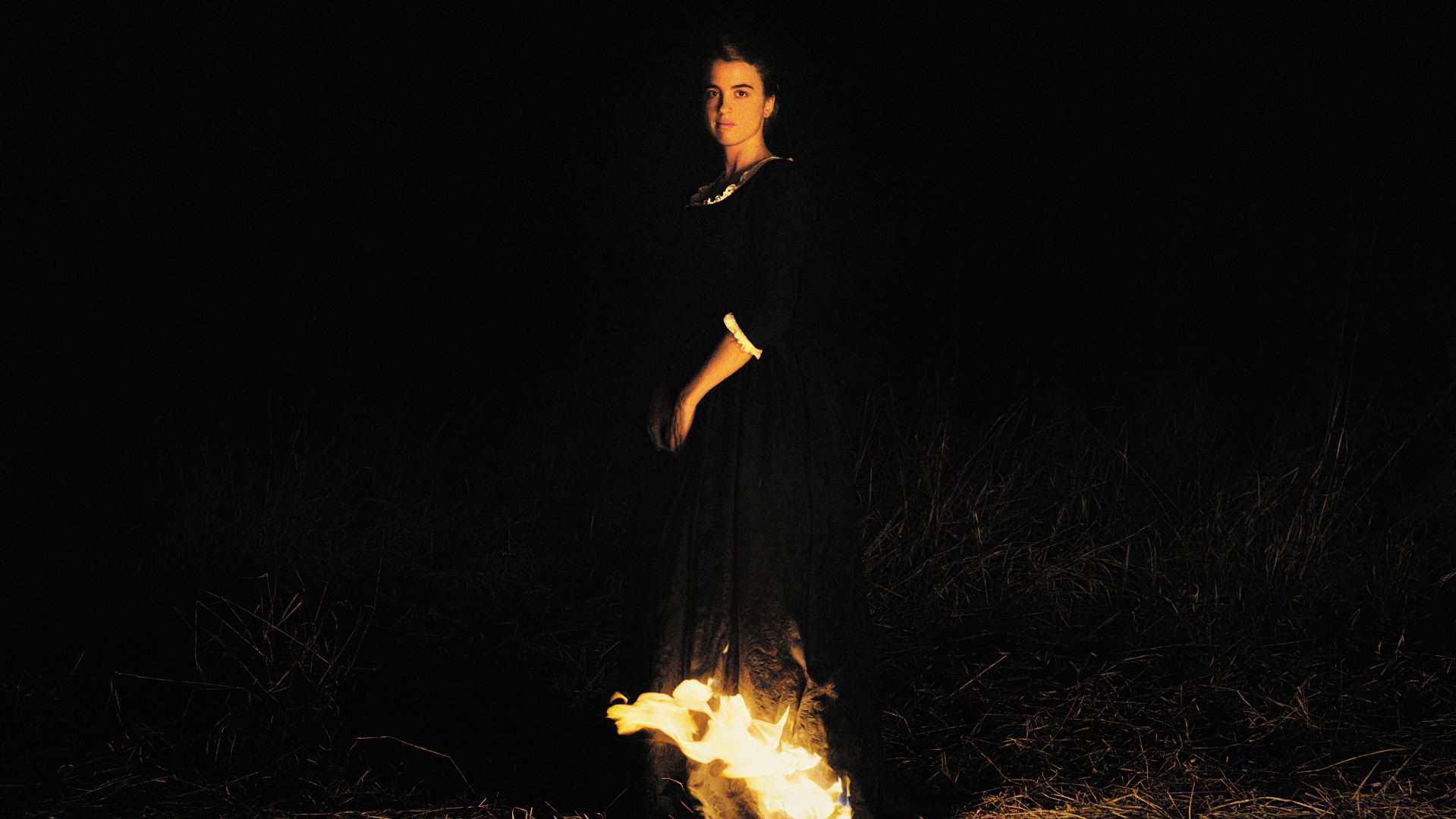

Don’t miss your chance to see these top-tier and heralded films over the next few weeks. You can purchase tickets through the festival’s website, in-person at the main Box Office at the Philadelphia Film Center, or over the phone at 215-422-4588 (Monday – Saturday from 12:00 p.m. to 5:00 p.m). The full schedule and digital PFF28 program guide are available now.
You can follow Candis McLean on Twitter (@CandisRMcLean) and e-mail her at [email protected].
Subscribe, rate, and review all Philly Influencer podcasts here. Follow Philly Influencer onTwitter, Facebook, and Instagram.

